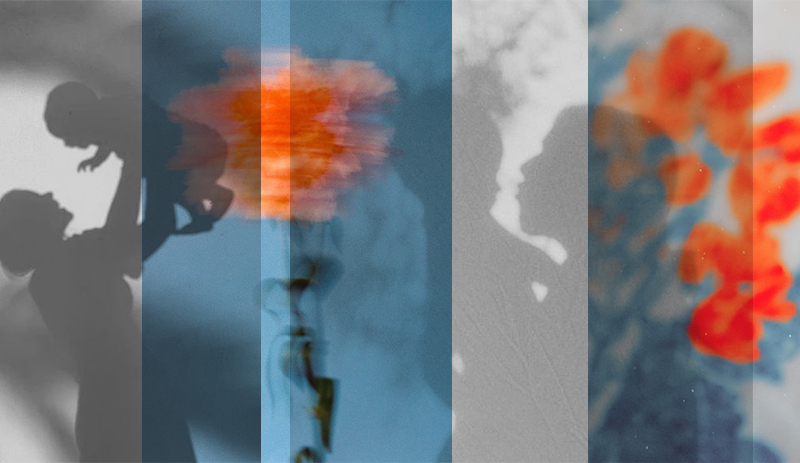Mother’s Day is a cherished holiday celebrated worldwide to honor the mothers and mother figures who have played pivotal roles in our lives. However, the origins of Mother’s Day trace back to ancient times, with various cultures paying homage to maternal figures. In this article, we delve into the rich history and significance of Mother’s Day, exploring its early beginnings and evolution into the modern-day celebration we know today.
Ancient Roots
The concept of honoring mothers dates back to ancient civilizations, where festivals and rituals were held to pay tribute to maternal goddesses and figures. In ancient Greece, the annual spring festival dedicated to Rhea, the mother of the gods, served as an occasion to celebrate motherhood and fertility. Similarly, the Romans honored Cybele, the mother goddess, with a spring festival known as Hilaria.
Early Christian Influences
As Christianity spread across Europe, these pagan celebrations evolved to incorporate Christian traditions. The fourth Sunday in Lent, known as “Mothering Sunday,” became a day for Christians to return to their “mother church” and honor the Virgin Mary, the mother of Jesus. This tradition gradually merged with secular customs, emphasizing the importance of honoring mothers and motherhood.
Modern-Day Origins
The modern incarnation of Mother’s Day can be attributed to the efforts of Anna Jarvis, an American activist who campaigned for a designated day to honor mothers. Inspired by her own mother’s dedication to social causes and community service, Jarvis advocated for a national day of recognition for mothers. In 1908, the first Mother’s Day was celebrated in Grafton, West Virginia, with a church service organized by Jarvis to honor her mother, Ann Reeves Jarvis.
National Recognition
Driven by Jarvis’s relentless advocacy, Mother’s Day gained widespread recognition and support across the United States. In 1914, President Woodrow Wilson signed a proclamation designating the second Sunday in May as Mother’s Day, officially recognizing it as a national holiday. The occasion quickly grew in popularity, with people across the country embracing the opportunity to express gratitude and appreciation for their mothers.
Global Celebration
Over time, Mother’s Day has transcended national boundaries and become an international celebration observed in various countries around the world. While the date and customs may vary from one culture to another, the underlying sentiment remains the same – to honor and celebrate the love, sacrifice, and unconditional support of mothers everywhere.
Significance of Mother’s Day
Mother’s Day holds profound significance as a day to express gratitude and appreciation for the women who have shaped our lives. It serves as a reminder of the selfless love and sacrifices made by mothers and mother figures, nurturing and guiding us with unwavering devotion. Beyond individual families, Mother’s Day also underscores the importance of maternal health and well-being, advocating for policies and initiatives that support mothers and families in society.
Mother’s Day is more than just a holiday – it is a tribute to the timeless bond between mothers and their children, spanning generations and cultures. From its ancient roots to its modern-day observance, Mother’s Day serves as a testament to the enduring influence of maternal love and the profound impact of mothers on society. As we celebrate Mother’s Day each year, let us take the time to honor and cherish the extraordinary women who have shaped our lives with their boundless love and compassion.





